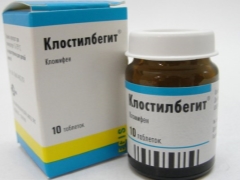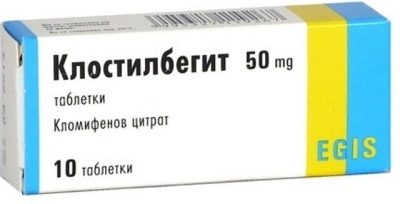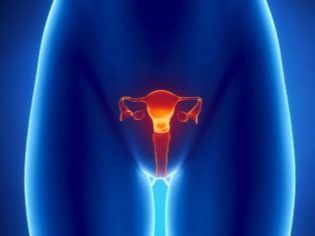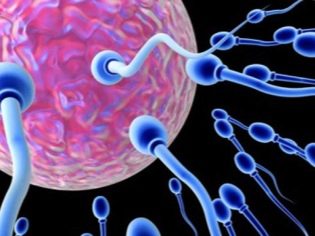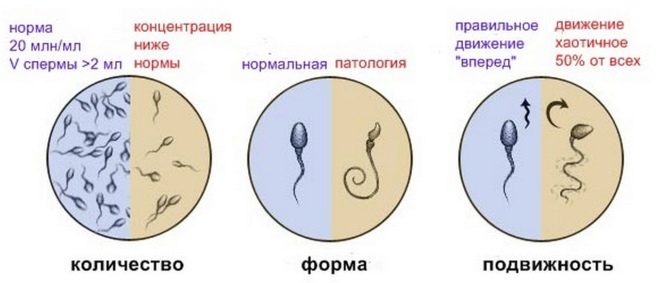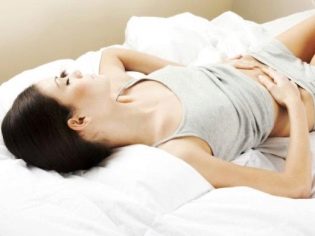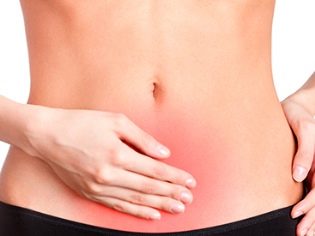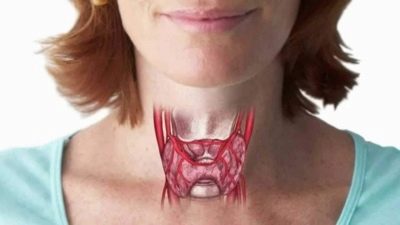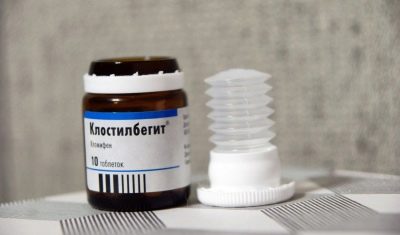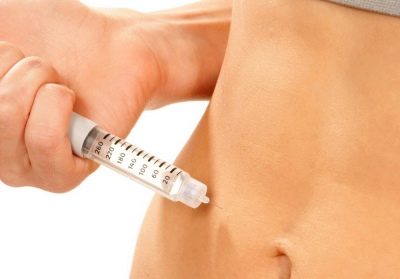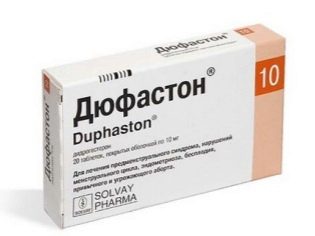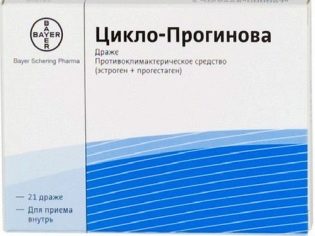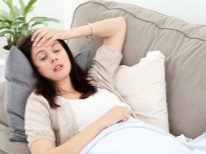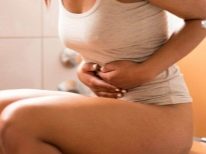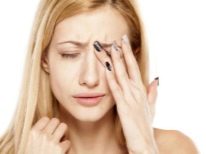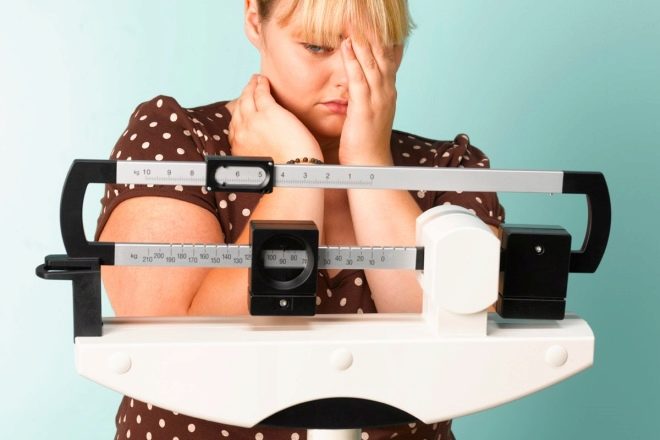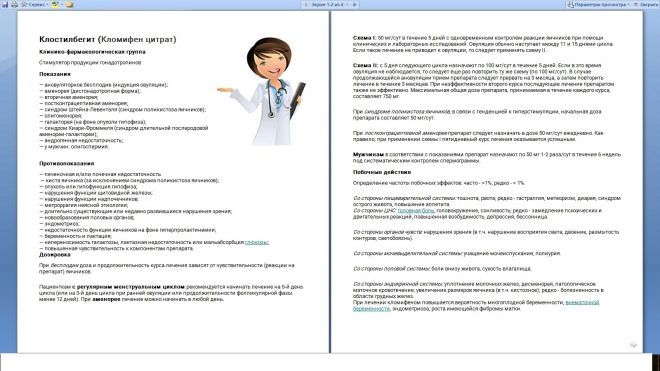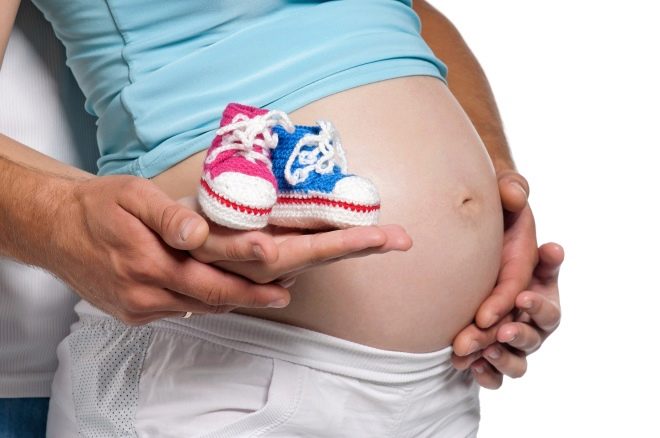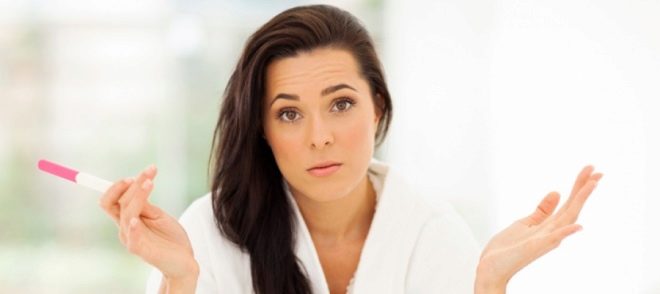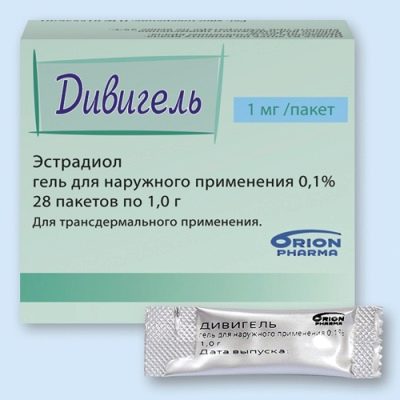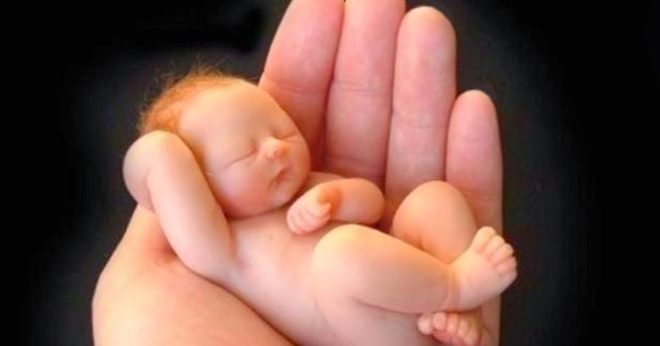Stimulation of ovulation using the drug "Klostilbegit"
Quite often, the reason for the inability to conceive a baby in women is the lack of ovulation. In this situation, medicine can offer an assisted reproductive method, such as stimulation of ovulation or induction.
The most common drug for this purpose is Klostilbegit. In this article we will talk about how the stimulation of the follicle is carried out with the help of this medication, how it works and what results it gives.
What it is
Stimulation of ovulation is a complex of drug effects, which takes place in several stages. At the initial stage, women immediately after menstruation are prescribed drugs that stimulate the growth of follicles in the ovaries. As soon as one of them, which is called the dominant one, matures and reaches a size of at least 17-18 mm, drugs are introduced to the woman that stimulate the rapid maturation of the egg cell and its exit from the follicle.
At the final stage, prescribed drugs containing progesterone or its analogues to save pregnancy, if the long-awaited conception took place.
Each of these stages is important. The stimulation itself takes place under the supervision of an experienced doctor in the field of infertility treatment. The first phase of the menstrual cycle, when the woman is prescribed follicle-stimulating medication, should be monitored by ultrasound. This will allow you to control the size of the follicle, choose the most appropriate time for artificially stimulating ovulation, and also help to avoid negative consequences, such as the development of ovarian hyperstimulation syndrome.
"Klostilbegit" - a drug used in the first phase of the cycle, whose task promote the maturation of a healthy and complete egg cell in the follicle. It is considered one of the most frequently used, it is prescribed as a first-line drug in the treatment of functional infertility in women.
Indications
To stimulate ovulation, the doctor will offer women who have a full sexual life for at least a year without using contraceptives, and pregnancy does not occur.
For women older than 35 years, the critical threshold is considered a period of six months. An important condition - a man should not have problems with fertility. Spermogram should show its full male consistency and ability to fertilize an egg, otherwise stimulation will not bring results.
The method is proposed as a treatment option for female infertility caused by ovarian dysfunction, polycystic, hypothalamic-pituitary insufficiency. Often, this method helps women to become pregnant too thin or too full, who have no independent conception on the background of endocrine disorders.
Stimulation with “Klostilbegit” is performed by women preparing for IVF or intrauterine insemination.
Contraindications
Stimulation is contraindicated in women with obstruction of the fallopian tubes. Pregnancy in this case may occur, but it will be ectopic and will cause serious complications for the health and morale of a woman who dreams of a child.
Also, stimulation is not done in inflammatory diseases of the pelvic organs. First, they try to treat these diseases, relieve the symptoms of pathology, and improve the condition of the endometrium.
Stimulation is undesirable if a woman has a health problem with the thyroid gland.
About the drug
If the examination has been left behind, and the doctor has decided to stimulate the ovulatory process with a drug such as “Klostilbegit”, we can talk about the beginning of the stimulation protocol.
The remedy itself is a non-steroidal anti-estrogen drug. In moderate doses, it is able to stimulate the production of follicle-stimulating hormone (FSH), luteinizing hormone (LH), and prolactin in the body.
The main active ingredient is clomiphene citrate. The drug is produced in the form of tablets with a dosage of 50 mg. In pharmacies sold by prescription, self-treatment with Klostilbegit is unacceptable.
Treatment regimen
It should be noted that there is no universal dose for all women and even for most of them. This drug is prescribed exclusively individually, depending on the height, weight of the woman, the characteristics of her reproductive processes.
In some women, the follicle can theoretically mature on its own, but the release of the egg does not occur, in others even the formation of follicles on the ovaries does not happen. Therefore, the scheme and dosage selects only a doctor.
If a woman has a regular menstrual cycle, then most often the drug is prescribed from the fifth day of the menstrual cycle. If a woman's first phase of the cycle lasts less than 14 days, the drug can be recommended from the third day.
There are two schemes:
- The first involves taking 50 mg of the drug per day (1 tablet) for five days - from 5 to 9 days of the menstrual cycle (should be considered from the first day of menstruation in this cycle). If ovulation does not occur for 13–15 days, the second cycle is used in the next cycle.
- According to the second scheme, the drug intake also begins from day 5 and lasts for five days, but its dosage is increased to 100 mg. The dose may vary: it will depend on how the woman’s ovaries respond to the drug effect. Since the task is not only to cause full-fledged ovulation, but also to prevent overstimulation, in which multi-follicular ovaries develop, there is a risk of cysts and other serious complications. Ultrasound monitoring of the behavior of the ovaries and follicles should be carried out daily.
If the second stimulation did not bring results, and there is no ovulation, the third course is carried out according to scheme No. 2. In the absence of the result, a three-month break is taken and the treatment is repeated.
A break is necessary in order not to cause exhaustion and premature aging of the ovaries. In total, drug stimulation can be carried out no more than two times (three months, and another three months after the break).
If pregnancy does not occur, the drug is considered ineffective for this woman, and other methods are recommended - IVF, insemination, fertilization of the donor egg (if its not mature)
After five days of administration, the size of the dominant follicle is estimated, and if it exceeds 17 mm, a drug is introduced to stimulate the rupture of the follicle and the release of the egg, that is, ovulation itself.
When stimulated with Clostilbegit, as with a similar process with the use of other follicle-stimulating drugs, an injection of HCG (human chorionic gonadotropin) is made at a dosage of 5,000 to 10,000 IU.
In 24-36 hours after the injection, ovulation occurs. The doctor gives detailed instructions about the days that are considered the best for productive sexual acts.
From 10-12 days of the cycle can prescribe drugs such as "Proginova", "Duphaston". They are needed to prepare the endometrium for implantation, if the conception took place.
If the test on the 16-17 day after ovulation is negative, the blood test for hCG does not show the presence of a developing pregnancy, taking the drugs is stopped and menstruation is waiting.
Side effects
Women who underwent stimulation with Klostilbegit complain of pronounced side effects of the drug. These include:
- nausea and feeling of heaviness in the stomach;
- increased flatulence, diarrhea;
- headaches and bouts of severe dizziness;
- disturbance of appetite in the direction of its increase;
- drowsiness and lethargy;
- inhibition of mental and physical reactions;
- visual impairment (double vision, fear of bright light, lacrimation);
- more urge to urinate;
- vaginal dryness;
- swelling and tenderness in the chest;
- hair loss;
- allergy.
In addition, women often complain that the lower abdomen hurts, they are not in the mood, they have feelings of "flush" of blood to the face, causing fever and sweating. Therefore, the host "Klostilbegit" It is not recommended to drive a car and perform high-precision work or take actions related to the risk to liferequiring increased attention and clear vision.
The most frequent female question about this drug is whether it affects weight. The answer is unequivocal - it influences, many women note that, against the background of stimulation, “Klostilbegot” began to recover noticeably.
Who can not take the drug?
Instructions for use indicates that the drug should not be taken by women suffering from kidney and liver diseases, having tumors in the pituitary gland, severe visual impairment, endometriosis and tumors of the reproductive organs.
Efficiency and effectiveness
The result can exceed the family's expectations by half, since the stimulation of ovulation with Klostilbegit increases the risk of having twins by about 15%.
According to the results of clinical data obtained in the last few years of using this drug to treat anovulatory infertility in women, the probability of pregnancy in one course reaches 15%, almost 70% of women were able to become pregnant as a result of six courses of admission.
Additional recommendations
In preparation for the stimulation of the ovulatory cycle, a woman undergoes a detailed examination. Sometimes the reception of “Klostilbegit” does not start, because inflammatory and some hormonal problems that lead to ovarian dysfunction can be solved even at the preparatory stage, providing the woman with the necessary therapy.
It is often enough recommendations for the regulation of weight: losing weight by only 5% of the original mass, a woman significantly increases her chances of becoming a mother, ovulation is restored in her natural way. Similar recommendations also apply to women with underweight - weight correction and its increase to the optimum rate can be very effective.
Many people are familiar with the excitement and experiences associated with unsuccessful attempts to get pregnant. Doctors recommend to calm down and relax, not to perceive unsuccessful attempts as a great personal tragedy.
If stress and "obsession" on the problem will not haunt a woman on her heels, her hormonal background will change for the better, and ovulation will most likely be restored.
In any case, many women became pregnant like this - when they were already desperate, when they no longer expected or were nervous because of the inability to conceive.
Reviews
Women who become pregnant after being stimulated with Klostilbegit note that the effectiveness of the drug, declared by the manufacturers, is somewhat different from the real one. So, oddly enough, the highest chances of getting pregnant were not during stimulation, but in the intervals between two three-month courses when the drug was temporarily stopped.
Many during this period used tools such as Divigel externally, applying it to 3-4 mg on the skin.After a delay, many women who were stimulated by ovulation and injected chorionic gonadotropin on the right day had difficulty diagnosing pregnancy. The results of the blood test were overestimated by the concentration of this hormone.
Negative test on the background of the delay of menstruation was also not always true, since some ovulation was late, despite the stimulation. True, this happens infrequently.
Unfortunately, the stimulation of ovulation sometimes ends not only with the favorable onset of pregnancy. Sometimes the egg, which is literally forced to leave the follicle, is not completely healthy, and can not ensure the normal course of pregnancy. “Mistake” creeps in at the gene level at the very beginning, and then most often after stimulation a miscarriage occurs in the early stages.
On the Internet, there is a sufficient amount of feedback from women who did not help getting pregnant with this drug at all. The desired effect was achieved only after a good rest after the first stimulation and the second procedure, but by other drugs.
For information on how drugs to stimulate ovulation affect a woman's body, see the following video.
